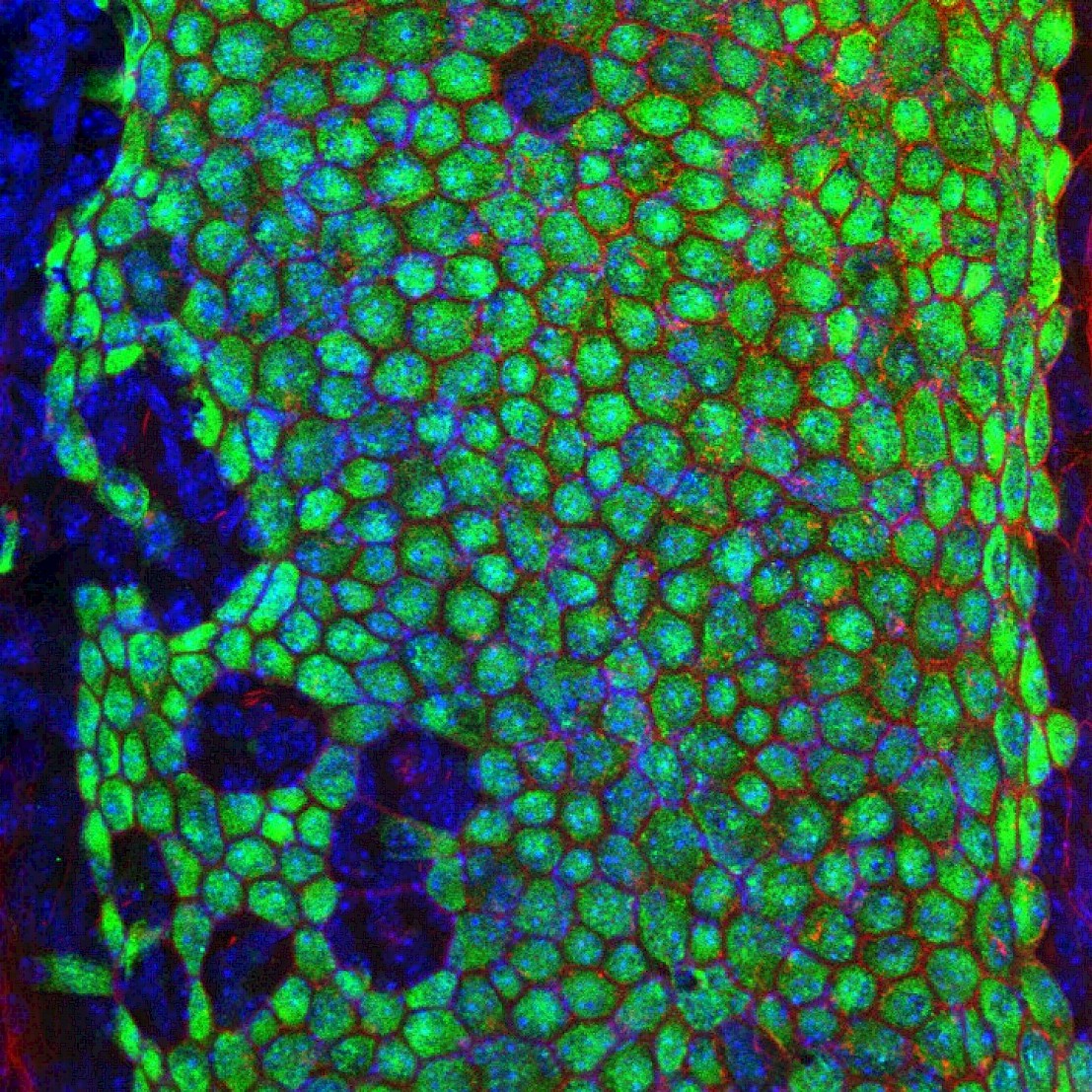A thousand ways to lose your hearing

You can book for in-person attendance at Bookwhen, where you will also find the link for Zoom viewing.
Progressive hearing loss is very common, particularly as people get older, and there are no medical treatments to slow down or stop the progression for the vast majority of cases. Hearing loss is highly heterogeneous, both in its causes and in the resulting pathology. Therefore, we are likely to need a range of different therapies for different causes and different sites-of-lesion within the inner ear. Some types of pathology may be treatable, even reversible, while other pathologies may not be treatable. Therefore, diagnosis of the cause, or at least the site-of-lesion, will be important to stratify patients for clinical trials, then to select the best treatment for each person. In this talk, I will summarise our understanding of the different ways we can lose our hearing, our progress using model systems to establish which types of pathology could be reversed, and how mouse mutants are giving us clues to how to distinguish different sites-of-lesion.
Professor Karen P. Steel PhD, FMedSci, FRS, Wolfson Sensory, Pain and Regeneration Centre, King's College London,

Karen obtained her PhD from University College London followed by research posts in Munich, Germany, the MRC Institute of Hearing Research in Nottingham, the Wellcome Sanger Institute in Hinxton, and currently is Professor of Sensory Function at King’s College London. Trained as a mouse geneticist, her main goal is to understand deafness. She uses genetics as a tool to understand the underlying molecular pathways, and her current focus is on progressive (age-related) hearing loss. Her group works with both mouse and human data, using the mouse for understanding the different pathophysiological mechanisms involved in hearing loss and human genomic data to establish the most common types of deafness in the population. She was awarded the Brain Prize in 2012 and has served the research community as an elected member of Council of the Royal Society, elected President of the International Mammalian Genetics Society, and elected President of the Association for Research in Otolaryngology among many other roles.
Attending lectures
The lecture will be preceded by a short presentation from a CSAR PhD Award Winner
Sensorised Skins for Soft Robots
David Hardman, Bio-Inspired Robotics Laboratory, University of Cambridge